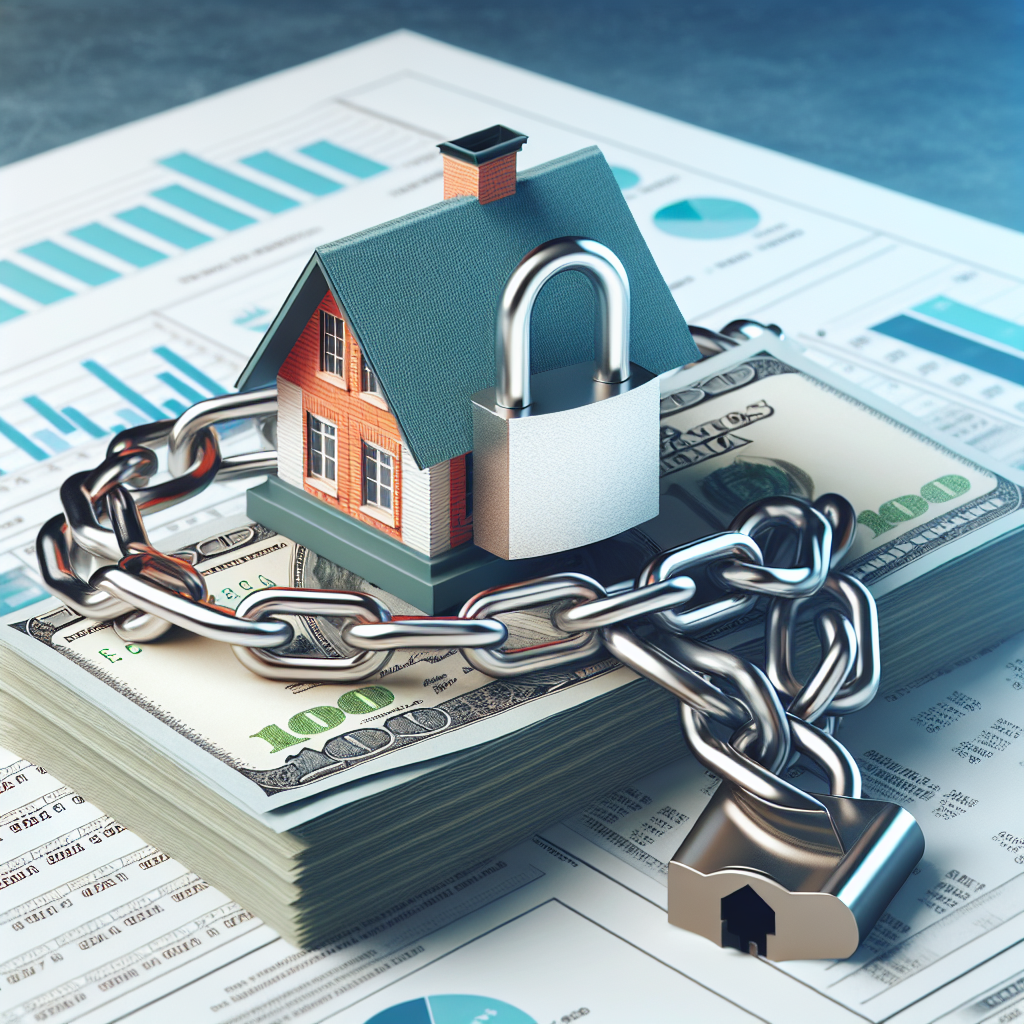
Fixed closed mortgage
Understanding Fixed Closed Mortgages: A Comprehensive Guide
When it comes to financing a new home, navigating the various mortgage types can be overwhelming. One option that stands out among the myriad choices is the fixed closed mortgage. This article will delve into the intricacies of this mortgage type, clarifying what it means, its advantages and disadvantages, and how it compares to other mortgage options.
What Is a Fixed Closed Mortgage?
A fixed closed mortgage is a type of home loan wherein the interest rate is set for a specified period. The "fixed" aspect indicates that the interest rate remains unchanged throughout the term of the loan, providing predictability in monthly payments. The "closed" part means that you cannot pay off the mortgage, or make extra payments, without incurring penalties. This is in contrast to an open mortgage, which allows for extra payments or early payoffs without penalty.
How Fixed Closed Mortgages Work
Typically, fixed closed mortgages come with terms lasting anywhere from one to twenty-five years. When you choose this option, you agree to pay a specific interest rate for the duration of the loan. Here are key features you should be aware of:
- Predictability: Monthly payments remain the same, making budgeting easier.
- Interest Rates: Rates are usually lower than variable-rate mortgages at the time of the loan application.
- Repayment Period: Most mortgages have a 25-year amortization period, although you can choose a shorter period to save on interest costs.
- Prepayment Penalties: The terms typically include penalties for paying off the loan early or making additional payments.
Pros and Cons of Fixed Closed Mortgages
Understanding the benefits and drawbacks of a fixed closed mortgage is crucial for potential borrowers. Let’s break down the primary pros and cons.
Advantages
- Stability: With fixed payments, you know exactly how much you owe each month and there's no risk of your payment increasing due to fluctuating interest rates.
- Budgeting Ease: The fixed nature helps homeowners to plan and budget effectively over the long term.
- Potential Tax Benefits: In many jurisdictions, the interest paid on a mortgage may be tax-deductible, providing additional financial benefits.
- Good for Long-term Investors: If you plan to stay in your home for many years, a fixed closed mortgage can be a cost-effective option.
Disadvantages
- You May Miss Out on Lower Rates: If interest rates decrease, your fixed rate may turn out to be higher than the market rate, leading to potentially higher payments over time.
- Prepayment Penalties: Restrictions on additional payments can limit flexibility if you find yourself with extra funds to pay off your mortgage early.
- Lack of Flexibility: If you need to sell or refinance your home before the end of the term, you may face penalties.
Comparing Fixed Closed Mortgages to Other Options
Before settling on a fixed closed mortgage, it's essential to compare it with other mortgage types to find the best fit for your financial goals.
Fixed Open Mortgages
A fixed open mortgage also offers a fixed interest rate for a set term but allows for prepayment without penalties. This option may benefit those who anticipate increases in their income or plan to sell their homes in the near future.
Variable Rate Mortgages
In contrast to a fixed closed mortgage, a variable rate mortgage has an interest rate that fluctuates based on market conditions. This type can be beneficial in a declining interest rate environment but comes with the risk of potential higher payments if rates increase.
Hybrid or Combination Mortgages
Hybrid mortgages combine features of both fixed and variable rate mortgages. A portion of the loan may have a fixed rate while the remaining balance has a variable rate, offering some stability while still involving the potential for rate changes.
Are Fixed Closed Mortgages Right for You?
Choosing the right mortgage depends on several individual factors, such as:
- Length of Stay: If you plan to remain in your home long-term, a fixed closed mortgage may provide better value than its open counterpart.
- Financial Stability: Fixed payments can offer peace of mind and stability, especially for budget-conscious homeowners.
- Current Interest Rates: If rates are low, locking in a fixed rate may be a wise decision.
Evaluating Your Financial Situation
Before making any commitments, consider the following steps:
- Review Your Credit Score: A good credit score can help you secure better interest rates.
- Determine Your Budget: Assess your financial capability to ensure you can meet monthly payments comfortably.
- Research Current Mortgage Rates: Knowing the current rates can help you gauge a good deal.
- Consult with a Mortgage Advisor: A financial expert can provide personalized advice based on your circumstances.
Conclusion
A fixed closed mortgage offers homeowners the stability of fixed interest rates and monthly payments, making it a compelling option for many. While it has its pros and cons, understanding these elements is crucial for making an informed decision.
Before you take the plunge, reflect on your financial goals, consult with professionals, and explore several options to ensure you choose a mortgage that aligns with your long-term plans. With the right information and resources, you can confidently navigate the home-buying process and secure a mortgage that suits your needs.
By Guest, Published on August 1st, 2024